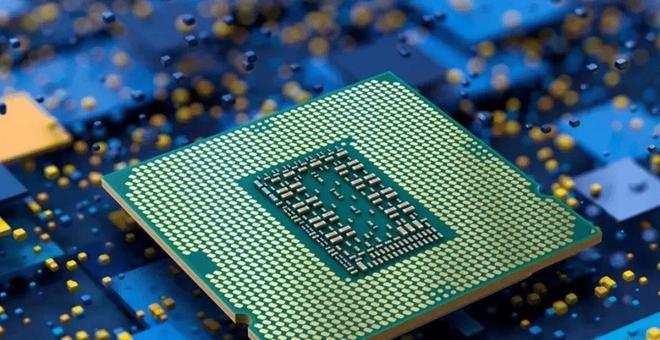
Washington wants to unveil new export controls on semiconductors to China before the November election, the Financial Times reported on the 17 Sept, citing people familiar with the situation in Washington and Tokyo, this includes the adoption of“Foreign direct product rules”. And the US and Japan are close to an agreement on co-ordinated controls on semiconductor exports to China.
The so-called“Foreign direct product rules” mean that the United States regulates products made with its technology and applies them to products made in foreign countries, even if only a little American technology is used, the U. S. government has the power to block the sale of this product. Biden administration officials had already spent months in intensive negotiations with Japanese and Dutch officials to establish complementary export control regimes, so that Japanese and Dutch companies do not become the target of the United States foreign direct product rules.
But we should also put a question mark on whether Japan will actually agree to the deal. First, the US has been uncharacteristically hard-line in its use of pressure on Japan, which has made it very angry with Washington for its actions. Bloomberg has previously reported that the United States is considering tougher measures to put pressure on companies in countries like Japan and the Netherlands to limit chip trade with China. In addition, a Japanese official said the negotiating situation was“Quite fragile” and that Japan feared its interests could be damaged if it reached an agreement with the US.
First, Japan's semiconductor trade with China will be greatly affected. Exports to China rose 9.6 per cent in the first four months of the 2024, the fifth consecutive monthly increase, according to statistics released by the Finance Ministry. And Japan's exports of semiconductor manufacturing equipment to China rose 95.4% year-on-year, the biggest driver of export growth in that month. Tokyo Electronics, which also released its full-year 2023 financial report, reported net sales of 2.2 trillion yen, up 10.2 percent year-on-year. Overseas sales rose 11 per cent to Y196.908 bn, but sales to China alone reached 44 per cent. As soon as Japan cooperates with the United States to strengthen the export control of semiconductors, the semiconductor trade in Japan is bound to be affected.
Second, China may impose restrictions on Japan's exports of key minerals. Japanese officials said there had been growing concern in recent months that if Japan made too many concessions to the US, it would be affected by China's restrictions on exports of key minerals to Japan. Prices for key minerals are understood to be high, with a number of Japanese companies expressing concern to the Ministry of Economy, trade and industry that further price rises will make Japanese products less competitive. Japanese Toyota have warned Japanese officials that they fear China will “Cut off” access to key minerals for car manufacturing, according to people familiar with the matter. Toyota's concern is not impossible, on August 1 last year, China decided to gallium, germanium two key resources of export controls. Chinese customs data showed that 2023 Chinese exports of gallium to Japan fell by nearly 75% , and germanium by about 33% . Both are important List of semiconductor materials.
Third, the U. S. “Foreign Direct product rules” is a“Time bomb. The US export controls are aimed at closing loopholes in existing rules and adding restrictions that would make it harder for China to gain access to key chip-making tools, and are expected to have the biggest impact on the Netherlands' Asmai and Japan's Tokyo Electronics. And the Dutch continued to describe the rules as a“Diplomatic bomb”, saying that if the US were to replicate the model of dialogue, it would be better to take a more sustainable approach than a direct hardline approach.
Overall, while progress has been made in the -JAPAN talks, the Japanese government and business community are nervous about the possible economic consequences of joint controls on China, and the -JAPAN-DUTCH deal remains uncertain. For China, the more the United States suppresses China in the chip field, the more it will inspire China's determination to develop chips independently. Although the containment policy of the United States will have an impact on China, however, I believe that in the future China will break through the barriers in the semiconductor field, break out of their own a world.

Junior doctors in the UK officially launched a five-day strike on Wednesday (December 17th).
Junior doctors in the UK officially launched a five-day str…
The Thai Pride Party is considering nomasting three candida…
With the continuous intensification of international sancti…
With $15.82 billion in sales and a 108% year-over-year incr…
According to the South Korean media Dealsite, the recent te…
The current geopolitical conflicts around the world are oft…